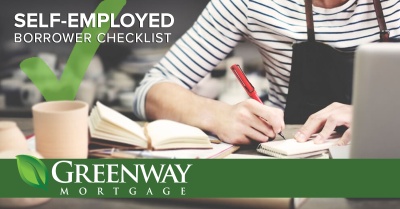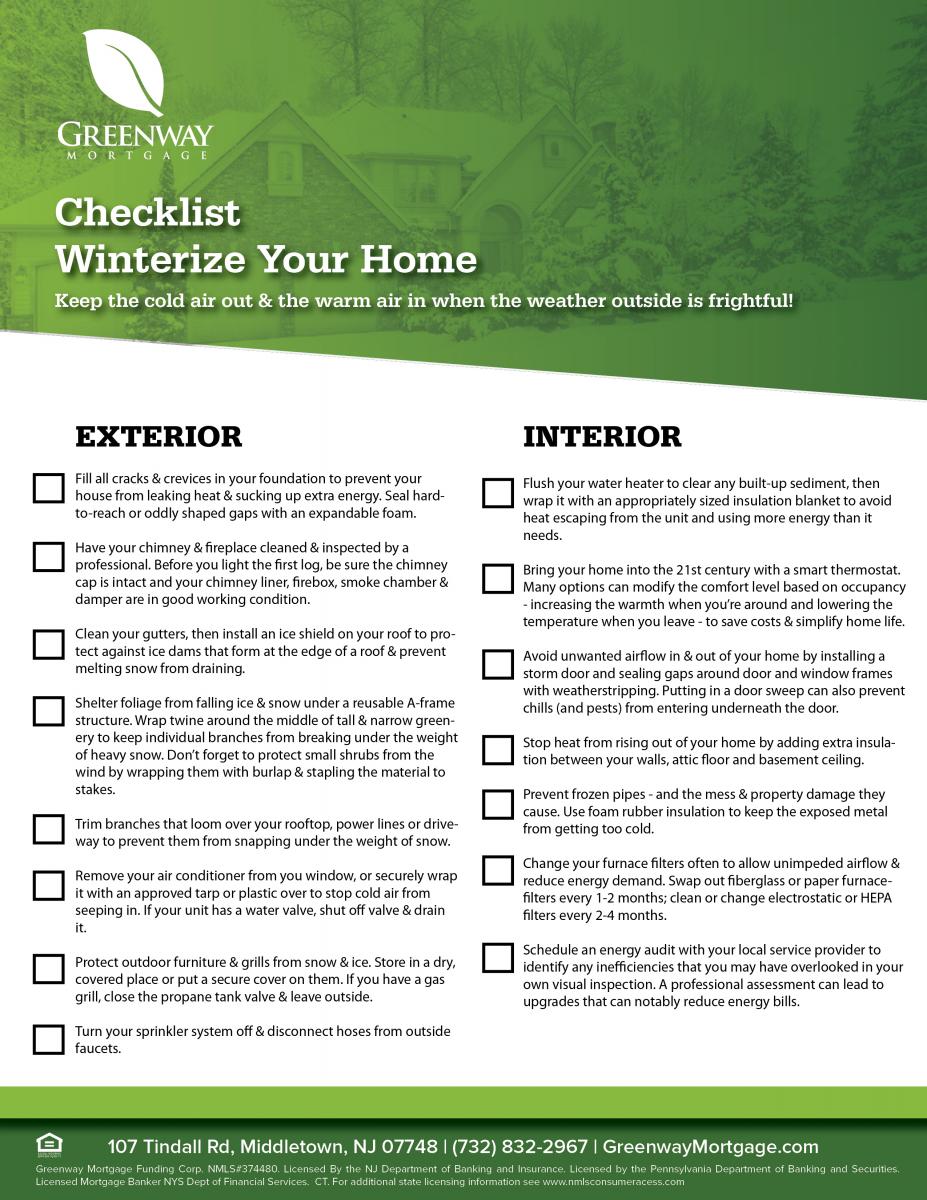

COVID hit a lot of people hard, both personally and financially. If you needed to exercise Mortgage Forbearance, here are some tips to help you get back to financial wellness.
- Don’t Lose Hope! Forbearance is there for people who need to use that option. Conversely, do not use forbearance if you do not need it.
- Purchasing or Refinancing a Mortgage after Forbearance is Possible. The Cares Act prevented lenders from reporting late payment histories to the credit bureaus. That said, lenders will want to see that you have been able to make your payments after the forbearance, before refinancing, or purchasing another home. Most loan programs require you to make 3 timely payments after the deferment period.
- Options: How your Mortgage Forbearance is handled is dependent on your type of loan and lender. Lenders will review your present financial situation to see what options may work for you.
Here are some examples:
- Modifying the loan terms through a loan modification. This may mean that a lender adds the unpaid mortgage payments to the principal owed on the mortgage or extends the term of your loan.
- Adding a second mortgage to the property for the missed payments.
- Requiring the borrower to make up missed payments either all at once or with an increased monthly payment over time.
- When Getting Back on Your Feet, Focus on One Bill at a Time. For many people, this means securing their living arrangements, which is their home mortgage. Once that is achievable, then start working on your other responsibilities.
- If You are Self-Employed, be Prepared for Additional Scrutiny! The pandemic may impact even long-established businesses, so lenders are considering fluctuations in income and the probability of continued income.
No matter your situation, Greenway Mortgage is here to answer all your questions.


It’s always been a little tougher for self-employed borrowers to obtain a home loan then it is for regular W-2 employees. And, since the COVID-19 pandemic, self-employed borrowers are now required to provide even more information to prove their income to the lender. For instance, a self-employed borrower will now need to provide a profit-and-loss statement as well as their 2 most recent months’ worth of business deposit account statements at the time of application.
Many lenders are implementing temporary eligibility requirements for self-employed borrowers based on announcements made by Fannie Mae and Freddie Mac which will remain in effect until further notice. Fannie Mae issued a lender letter in March 2020 that has since been updated several times describing new documentation requirements for self-employed loan applicants. Greenway Mortgage continues to monitor the situation to keep everyone informed and updated.
If you are self-employed and are currently looking for a mortgage, here is a checklist that you should refer to, to ensure you’ve got everything in order for a smooth mortgage process. In addition to the standard tax return requirements, the following documents must be provided:
Is it worth getting a mortgage if you’re self-employed during COVID-19?
With interest rates still all all-time lows, this is a very good time to speak with a Loan Officer at Greenway Mortgage. If you’re serious about buying a home (or refinancing), make sure you get pre-approved FIRST, especially BEFORE your home search.
Getting pre-approved for a home loan is more important than ever due to COVID-19. With homes still occupied by the sellers, they will sometimes only allow showings from pre-approved buyers to minimize traffic. Most importantly, it shows the seller that you’re serious, making you that much closer to obtaining your dream home.
You will find that some things have changed, largely as a result of the need for social distancing. For instance:
-
Online Mortgage Applications
-
Virtual open houses are sometimes available
-
Remote appraisals
-
Unaccompanied home inspections
-
Physical closings have become rare if not impossible in some areas. Fear not, Greenway Mortgage has the ability to perform e-closings!
Bottom Line:
The best advice that we can give to any self-employed borrower during the pandemic is to look over the new document requirements and discuss them with their loan officer at Greenway Mortgage. Prepare the necessary financial statements and gather bank statements, receipts, contracts and other documentation likely needed. Time the loan application so that all this is recent enough that it will clear the new, higher benchmarks. Most of all, if you have any questions don’t hesitate to reach out to us!

Greenway Mortgage Funding Corp. breaks 2020 and ends the year on a high note by reaching a new benchmark with our charitable giving programs with the help of help of our followers, team members, and local community.
Greenway has raised a total of $7,260.00 which includes MANY generous donations that were made directly to Halfway Home Animal Rescue Team in addition to our Facebook Fundraiser.
Greenway Mortgage has 𝐓𝐑𝐈𝐏𝐋𝐄 𝐌𝐀𝐓𝐂𝐇𝐄𝐃 these donations ($21,780.00), making that a grand total of $29,040.00 donated to the Halfway Home Animal Rescue Team!
Thank you EVERYONE for your invaluable support in helping raise money for this wonderful organization. We truly couldn't have done this without you!
Happy New Year!
About Halfway Home Animal Resuce Team (HHART):
"Halfway Home Animal Rescue Team (HHART) is a group of passionate animal advocates with many years of experi ence in
ence in rescue, animal care and welfare. Our years of working with shelter animals, and the challenges that they face daily, have inspired us to explore ways to do more for the individual and best interests of those animals most in need.
rescue, animal care and welfare. Our years of working with shelter animals, and the challenges that they face daily, have inspired us to explore ways to do more for the individual and best interests of those animals most in need.
As we begin our journey, we will place our rescued dogs and cats into loving foster homes. We will focus on helping responsible families keep their pets, preventing animal hunger and suffering, and providing support wherever possible.
We are here to help. We look forward to assisting with any animal rescue, and to collaborating with other like-minded organizations to save as many animal friends as we can. Rescue is not a business...animals are individuals...not numbers. They are all special in their own way, and each deserves the chance to show us who they truly are. It is up to us to provide them with that chance."
GIVING BACK – how you can help, too!
Giving back is very near and dear to our hearts here at Greenway Mortgage. If you would like to give back, consider making a donation to help out all the animals in need. Your gift helps them provide life-saving and life-changing medical care, then rehabilitate, and find the forever home these animals deserve. Please give what you can. No gift is too small!
Resources:
- You can learn more about Halfway Home Animal Rescue Team here.
- Make a Direct Donation today by clicking here.
- Follow them on Facebook and Instagram.

Have you prepped your home for winter yet? For all homeowners, prepping your home for the winter is just one of those things you can’t skip out on. We wish we meant hanging holiday lights everywhere, decorating your mantel and watching holiday movies on repeat, but there’s much more to it.
Let’s face it, winter weather can be harsh on your home. The below-freezing temperatures can cause a number of problems, including frozen pipes and roof damage. So, as the colder weather approaches, it’s important to take a few preventative measures to protect your home.
Winterizing is a task that can be done relatively inexpensively. It will also make a big difference in how comfortable your home is. In the long run, it could save you money on energy bills. In fact, many very effective home weatherproofing jobs are something that homeowners can complete without professional help.
To prevent winter harm and avoid calling a professional in the middle of a blizzard, be sure to check these winter items off your home maintenance checklist.
Be sure to tick these items off your list this season, and you can rest easy knowing that your home will be ready for the winter months that lay ahead!

With so many houses available today, competition is heating up among homebuyers. In fact, 55% of August 2020 home sales resulted in a bidding war AND 69% of homes sold were on the market for less than one month!
With that said, it's important to be prepared for a bidding war, especially if you've found your dream home. Being prepared means you'll be able to move quickly and confidently in today's competitive market.
Below you'll find three important tips to help you prepare for a bidding war.
Don't forget to check out our recent blog on how to write an award-winning Real Estate Offer Letter.
.png)
Some Highlights
- With so few houses available on the market today, being ready for a bidding war is essential for prospective homebuyers.
- From pre-approval to making your best offer, here are three tips to make sure you can act quickly and confidently when you find the perfect home.
- Reach out to a trusted real estate professional today to be sure you have the guidance you need as the competition for homes heats up this season.
- Reach out to Greenway Mortgage for your FREE pre-approval and for any questions you may have about the mortgage process.



.png)
.jpg)
.jpg)


.jpg)